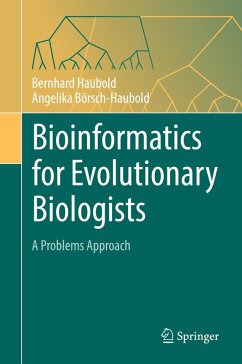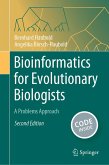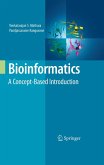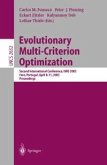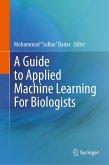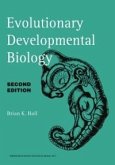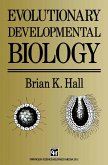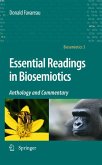This self-contained textbook covers fundamental aspects of sequence analysis in evolutionary biology, including sequence alignment, phylogeny reconstruction, and coalescent simulation. It addresses these aspects through a series of over 400 computer problems, ranging from elementary to research level, to enable learning by doing. Students solve the problems in the same computational environment used for decades in science - the UNIX command line. This is available on all three major operating systems for PCs: Microsoft Windows, Mac-OSX, and Linux. To learn using this powerful system, students analyze sample sequence data by applying generic tools, bioinformatics software, and over 40 programs specifically written for this course. The solutions for all problems are included, making the book ideal for self-study. Problems are grouped into sections headed by an introduction and a list of new concepts and programs. By using practical computing to explore evolutionary concepts and sequence data, the book enables readers to tackle their own computational problems.
Dieser Download kann aus rechtlichen Gründen nur mit Rechnungsadresse in A, B, BG, CY, CZ, D, DK, EW, E, FIN, F, GR, HR, H, IRL, I, LT, L, LR, M, NL, PL, P, R, S, SLO, SK ausgeliefert werden.
Es gelten unsere Allgemeinen Geschäftsbedingungen: www.buecher.de/agb
Impressum
www.buecher.de ist ein Shop der
buecher.de GmbH & Co. KG
Bürgermeister-Wegele-Str. 12,
86167 Augsburg
Amtsgericht Augsburg HRA 13309
Persönlich haftender Gesellschafter: buecher.de Verwaltungs GmbH
Amtsgericht Augsburg HRB 16890
Vertretungsberechtigte:
Günter Hilger, Geschäftsführer
Christian Sailer, Geschäftsführer
Sitz der Gesellschaft:Augsburg
Ust-IdNr. DE 204210010

